The oral hearing on jurisdiction in Guyana’s case against Venezuela, formally known as the case concerning the Arbitral Award of 1899 (Guyana v Venezuela), is slated to be held in The Hague ten days from now.
Meanwhile, Guyana’s electoral process, which began 11 days ago, is yet to conclude following controversy after the next in the counting of the votes cast in District Four, as the two major political parties continue to be locked in tit-for-tat, and the Guyana Elections Commission (GECOM) being lambasted and accused of being in bed with the incumbent.
Already, the International Observers have objected to some of the occurrences involving the methodology employed by the Returning Officer (RO) Clairmont Mingo in the tabulation of that district’s votes. His declaration of that district’s results was challenged in court, and the Chief Justice (CJ) deemed it null and void. Now that the process has recommenced, discrepancies have been flagged, much to the dismay of the diplomats here, who reported staged a walkout this morning.
The Opposition Leader, Bharrat Jagdeo has now called for the highest level of transparency; even if it means opening the ballot boxes and recounting those ballots.
“Next week, we have to go to the ICJ for our case against Venezuela, and an illegal government can’t represent us there. They’re compromising our sovereignty – an illegal government can’t represent us there,” he said.
Jagdeo referred to tweets by Acting Assistant Secretary for the U.S. Department of State’s Bureau of Western Hemisphere Affairs, Michael G. Kozak, who noted that de facto regimes do not receive the same treatment from the US as democratically elected governments.
“… [They are putting our country at risk. They think that they can slide this through because they’ll have oil money, [but] that too will come under sanction, because we are not going to agree with any use of any resources by a de facto regime…There will be no recognition; no participation in Parliament – nothing of the sort,” Jagdeo said.
The oral hearing at the International Court of Justice (ICJ) will be held in The Hague from March 23 to 27, 2020.
This hearing will determine whether the Court has jurisdiction over the case filed by Guyana on March 29, 2018. By that case, Guyana seeks to obtain from the Court a final and binding judgment that the 1899 Arbitral Award, which established the location of the land boundary between then-British Guiana and Venezuela, remains valid and binding, and that Guyana’s Essequibo region belongs to Guyana, and not Venezuela.
Guyana brought its case to the Court following the decision by the Secretary-General of the United Nations, in January 2018, that the controversy between Guyana and Venezuela should be decided by the International Court of Justice. In taking his decision, the Secretary-General was exercising the power vested in him in the 1966 Geneva Agreement between Guyana, Venezuela and the United Kingdom to decide how the controversy should be settled.
Venezuela has claimed, in a letter to the Court, that the Secretary-General exceeded his authority under the Geneva Agreement, and that the Court therefore lacks jurisdiction to adjudicate Guyana’s lawsuit. On this basis, Venezuela has indicated that it will not participate in the proceedings. On November 19, 2018, Guyana submitted its Memorial to the Court refuting Venezuela’s arguments and demonstrating that the Court has jurisdiction.
Under well-established judicial precedent, the Court will proceed to decide if it has jurisdiction over Guyana’s claims, irrespective of whether Venezuela participates in the proceedings. If it decides that it has jurisdiction, the Court will proceed to rule on the merits of those claims, and decide whether the validity of the 1899 Arbitral Award and the border between the two States should be confirmed.
Under the United Nations Charter and the Court’s own rules, its final judgments both on jurisdiction and the merits will be legally binding on Guyana and Venezuela, whether Venezuela participates in the proceedings. Nevertheless, Guyana expresses the hope that Venezuela will participate, to indicate respect for the Court and the international rule of law, the peaceful settlement of disputes, and the promotion of friendly relations between both States.

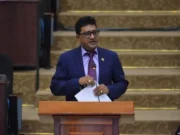


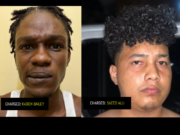


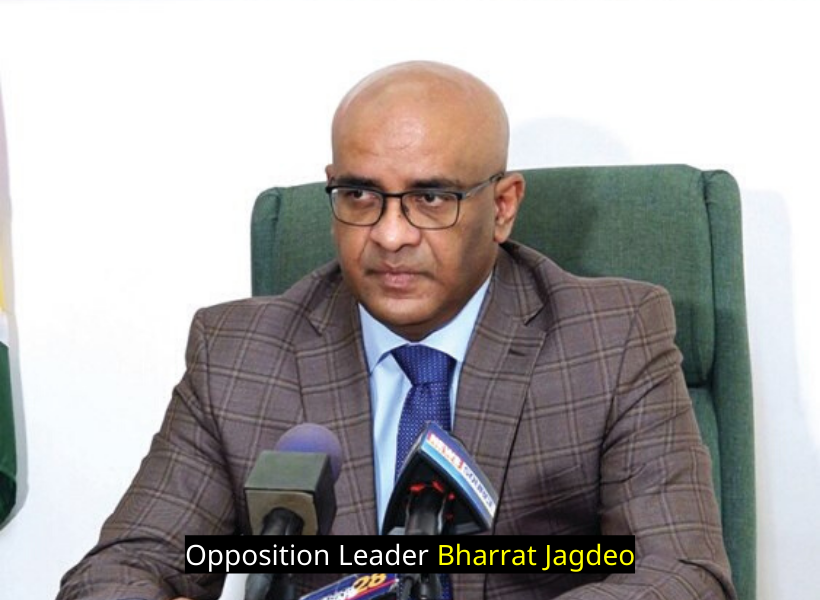
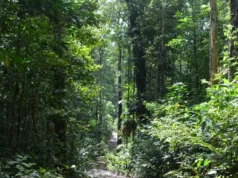
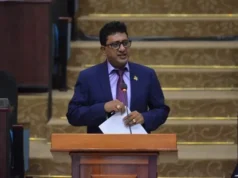




Exxon will not deposit any money to a defacto illegal govt…